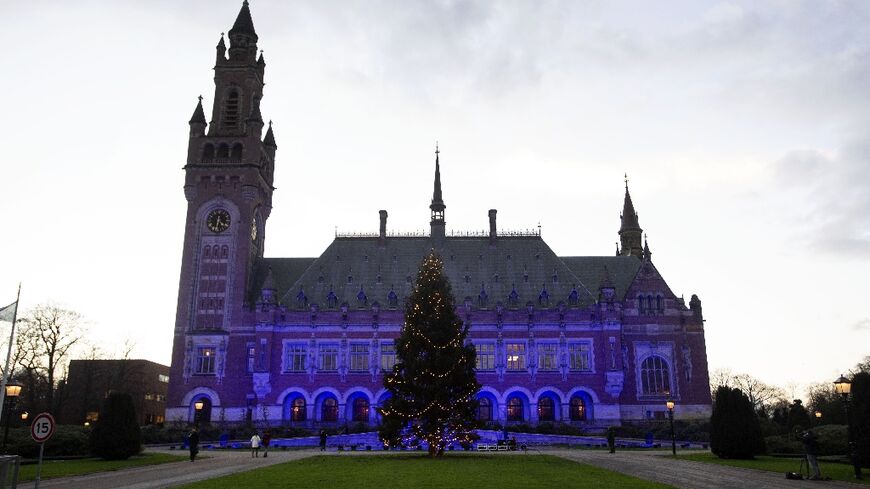
The International Court of Justice rules on disputes between United Nations member states
- Olaf KRAAK
by Charlotte VAN OUWERKERK
March 30, 2023 — The Hague (AFP)
The International Court of Justice will deliver its verdict Thursday on Iran's bid to unblock nearly $2 billion in assets frozen by the United States over alleged terror attacks.
Tehran dragged its arch-foe to the UN's top tribunal in 2016 after the US Supreme Court ruled the assets should be paid to survivors and relatives of attacks blamed on the Islamic Republic.
The judgement at the Hague-based ICJ comes amid tensions over recent US strikes on Iran-linked groups in Syria, plus Tehran's nuclear programme and its support for Russia's war in Ukraine.
Judges at the court, which was set up after World War II to rule on disputes between UN member states, will begin reading out their decision at 3 pm (1300 GMT).
ICJ rulings are binding and cannot be appealed but have no enforcement powers. Countries can however complain to the UN Security Council if another state fails to obey a judgement.
Iran alleged that the assets were frozen by the United States illegally, and says it needs them at a time of economic difficulties due to nuclear sanctions against Tehran.
The US Supreme Court ruled seven years ago that the assets -- $1.75 billion belonging to Iran's Central Bank plus some from Iranian firms -- should be used to compensate victims of terror attacks.
These included the 1983 bombing of a US Marine barracks in Beirut, which killed 299 people including 241 US soldiers, and the 1996 Khobar Towers bombing in Saudi Arabia which killed 19 people.
- 'Unclean hands' -
But Iran denies being responsible for the attacks.
It says the US freeze breaches a "Treaty of Amity" signed by Tehran and Washington in 1955 -- long before the 1979 Islamic revolution that overthrew the pro-US shah and severed ties with the United States.
Washington has previously tried unsuccessfully to get the lawsuit thrown out, with its lawyers alleging that Iran had "unclean hands" -- a reference to Tehran's alleged backing of terrorist groups.
The US also formally withdrew from the Treaty of Amity in 2018 after the ICJ, in a separate case, ordered Washington to lift nuclear-related sanctions on humanitarian goods for Iran.
The ICJ judgement in the frozen assets case comes against a backdrop of growing tensions between Washington and Tehran.
Tehran recently condemned US air strikes on Iran-linked forces in Syria that reportedly killed 19 people, which Washington said it carried out following a deadly drone attack on US forces on Thursday.
US President Joe Biden said after ordering the strikes that his country "does not seek conflict with Iran".
Talks have meanwhile long been deadlocked on reviving a landmark 2015 multinational accord on Iran's nuclear activity. Iran denies wanting to acquire atomic weapons.
The United States under then-president Donald Trump pulled out of the nuclear deal in 2018 and reinstated sanctions.
Washington has also expressed concerns over Iranian military aid for Russia's invasion of Ukraine.
No comments:
Post a Comment